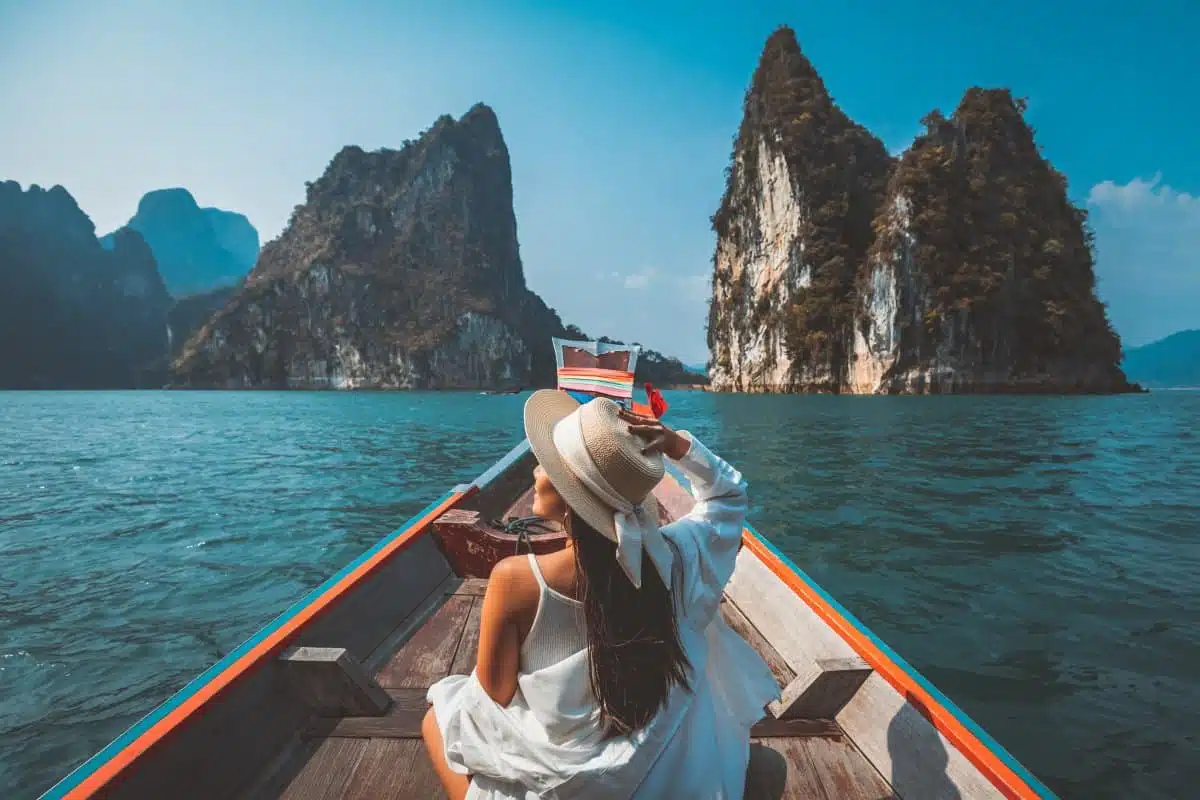In today’s increasingly globalized world, the impact of white privilege on travel cannot be ignored. Travelers from predominantly white countries often experience a different standard of treatment and access than others. This list explores critical insights into navigating white privilege responsibly and highlights some destinations that might require a second thought due to ethical, cultural, or environmental concerns. It aims to promote a more mindful and equitable approach to global exploration.
1. Understanding Local Sensitivities
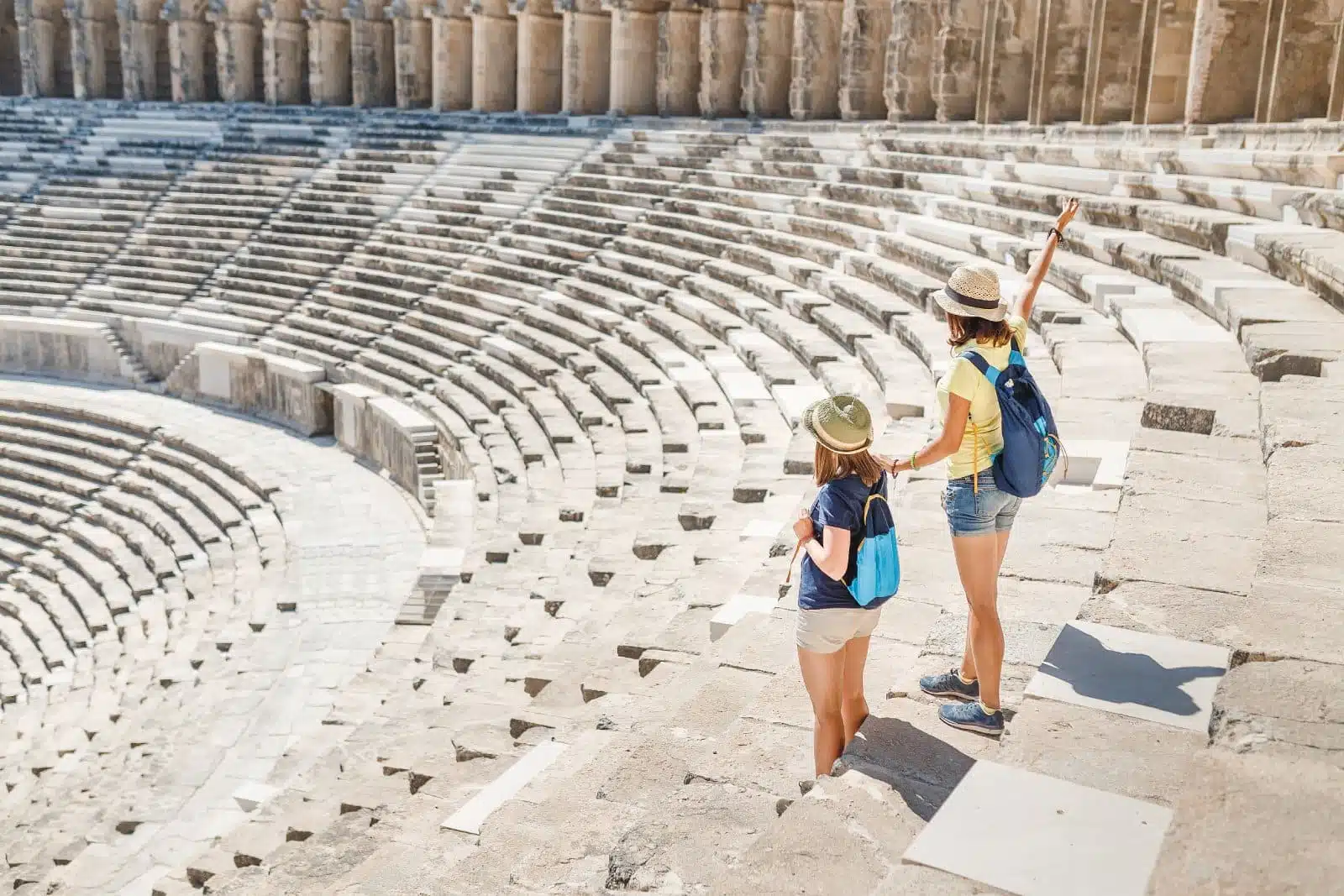
Image Credit: Shutterstock / frantic00
Travelers should strive to understand local histories, especially colonial legacies that may still affect the regions they visit. This knowledge can foster more respectful and meaningful interactions with local communities.
2. Checking Privilege at Immigration

Image Credit: Shutterstock / MONOPOLY919
White travelers often experience smoother passages through immigration and customs. Recognizing this privilege is key to understanding the broader inequities that exist within international travel systems.
3. Economic Disparities
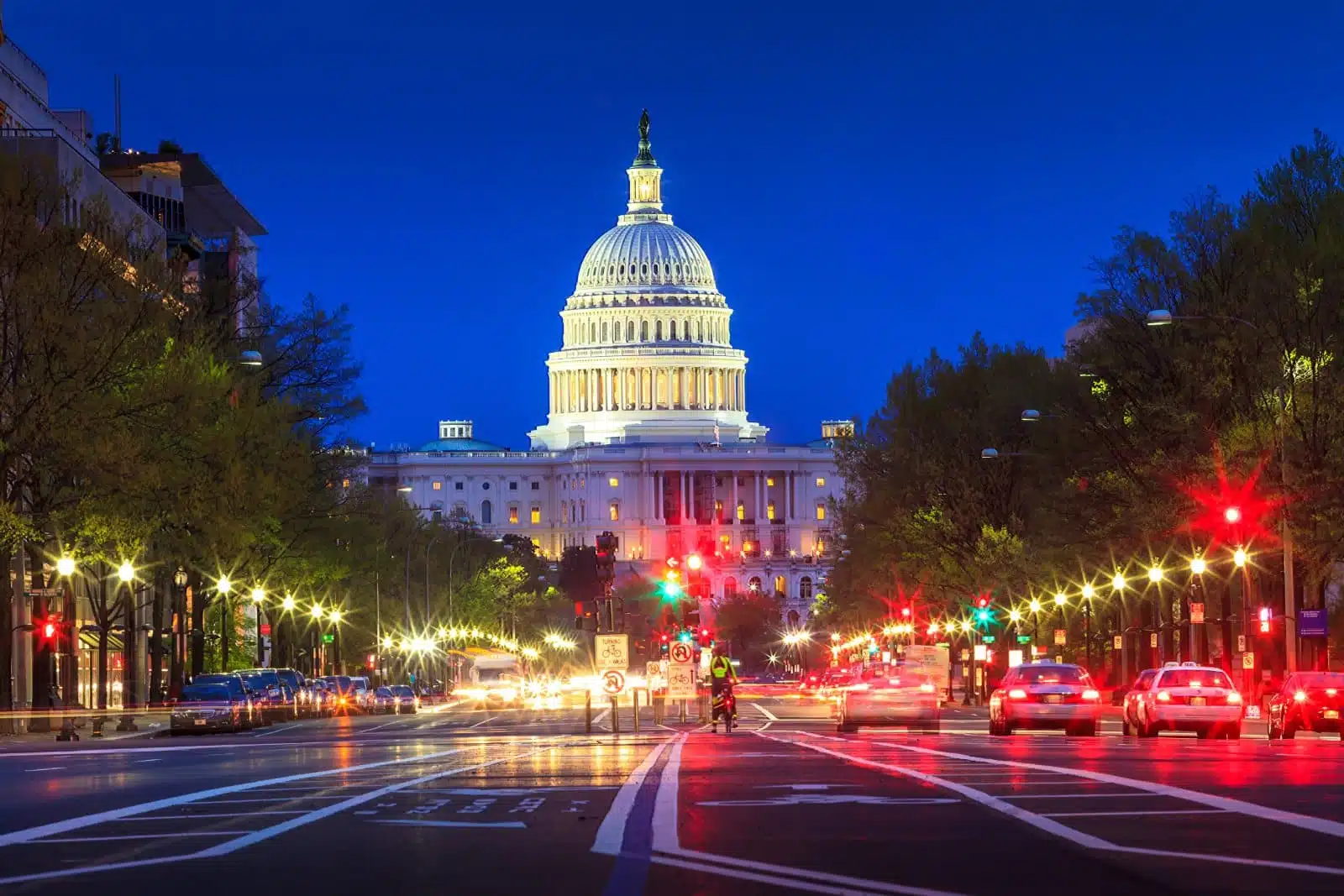
Image Credit: Shutterstock / f11photo
In many destinations, especially in developing countries, white tourists may be perceived as wealthier, which can skew local economies and inflate prices detrimentally affecting local residents.
4. Cultural Appropriation

Image Credit: Shutterstock / FooTToo
Be mindful of cultural appropriation—adopting elements of a culture not your own, especially without understanding or respect. This can range from fashion choices to participating in traditional ceremonies.
5. Over-Tourism

Image Credit: Shutterstock / Benny Marty
Reconsider travel to destinations suffering from over-tourism, which can lead to environmental degradation and disrupt local lives. Places like Venice, Santorini, and Bali might be worth skipping for less trafficked locales.
6. Supporting Local Economies
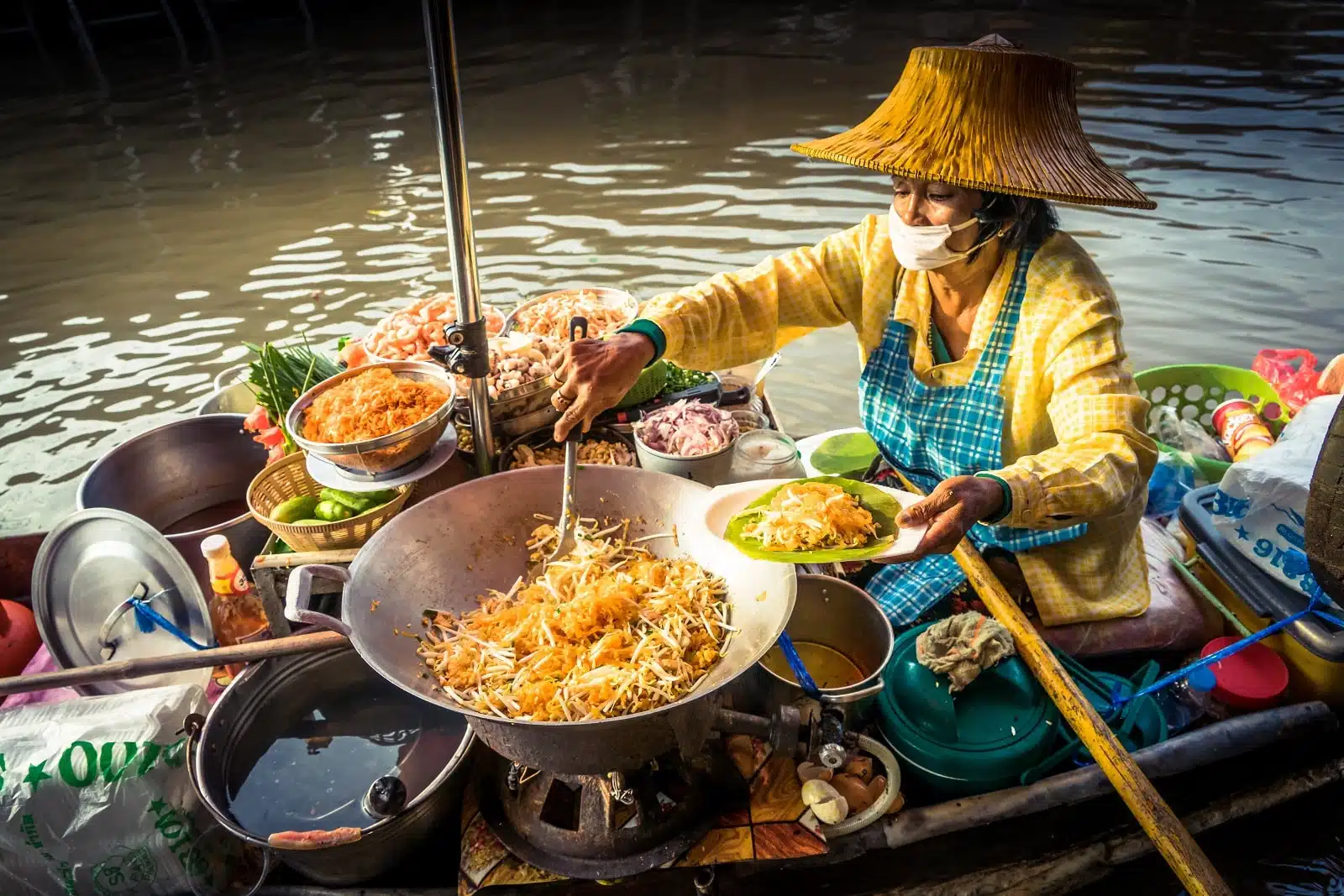
Image Credit: Shutterstock / Joshua Hawley
Choose to support local businesses directly to ensure your economic contribution benefits the community rather than international chains.
7. Responsible Photography

Image Credit: Shutterstock / Rawpixel.com
Seek consent before taking photographs of people, especially in communities where tourists frequently objectify local residents. This respect can go a long way in addressing the unequal power dynamics at play.
8. Voluntourism

Image Credit: Shutterstock / oneinchpunch
Be cautious about voluntourism opportunities—many can actually do more harm than good. Research thoroughly to ensure that your contribution will have a positive, not detrimental, impact.
9. Environmental Impact

Image Credit: Shutterstock / VesnaArt
Consider the environmental footprint of your travel. Favor eco-friendly accommodations and activities that contribute to conservation efforts rather than those that harm the local environment.
10. Avoiding Exoticism
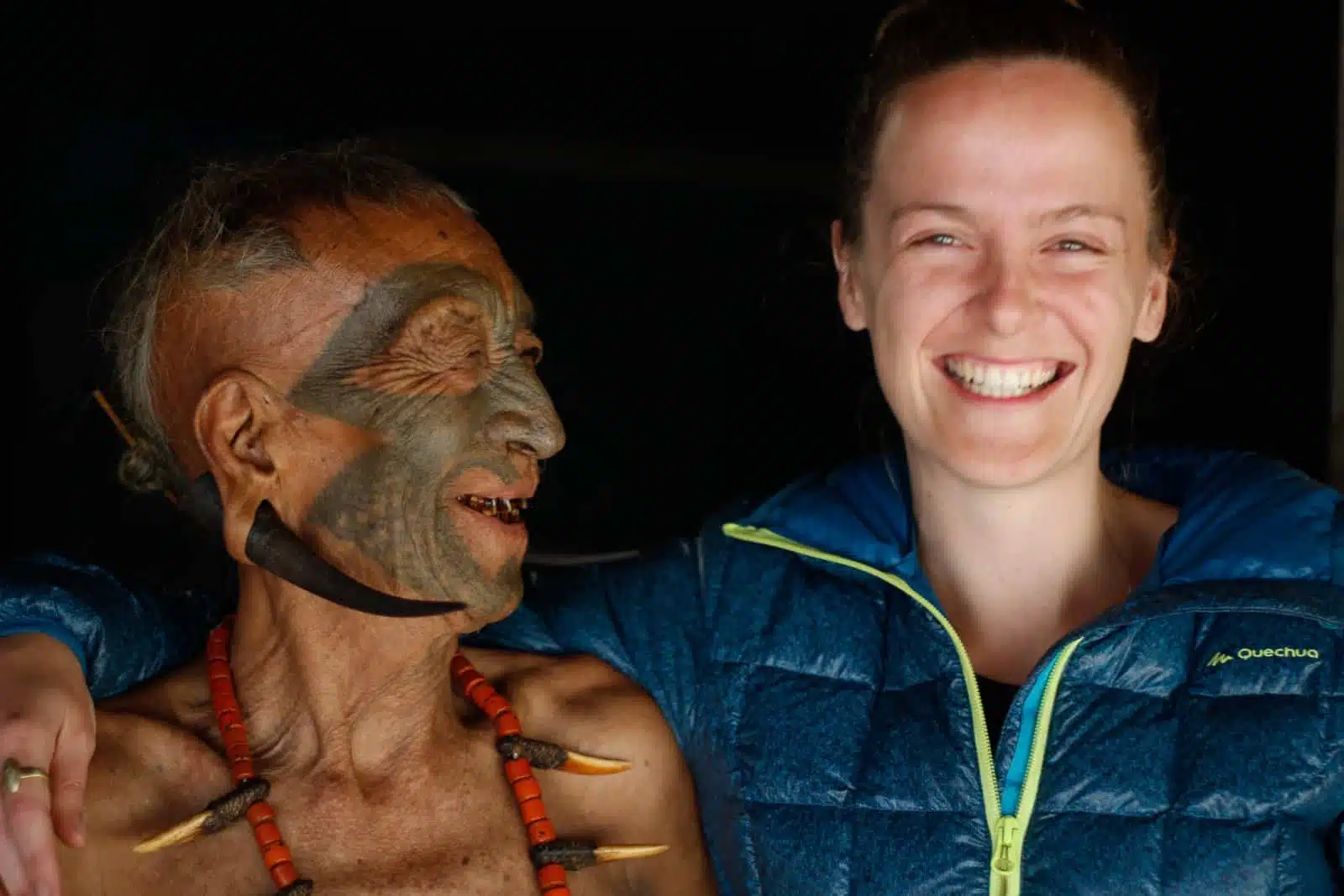
Image Credit: Shutterstock / gregorioa
Avoid exoticizing local cultures and people. Treat all cultures with the same respect and complexity you would expect others to give your own.
11. Educating Others
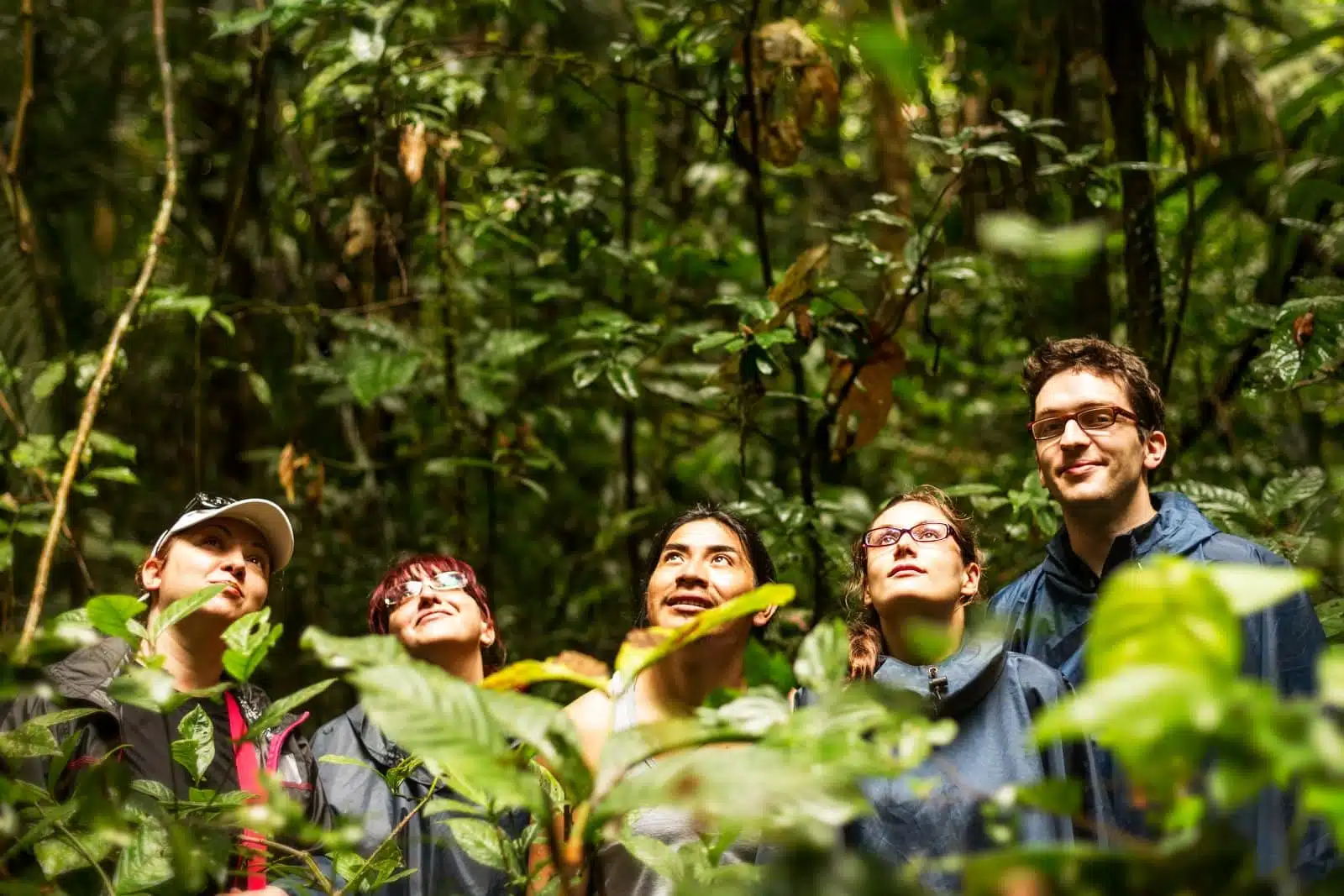
Image Credit: Shutterstock / Ammit Jack
Use your experiences to educate other travelers about the realities of white privilege and encourage them to engage in more responsible behaviors.
12. Choosing Destinations Wisely

Image Credit: Shutterstock / NDAB Creativity
Some destinations might be better to avoid due to political or ethical reasons. Countries with poor human rights records or those where tourism supports oppressive regimes should be reconsidered.
13. Learning Local Languages
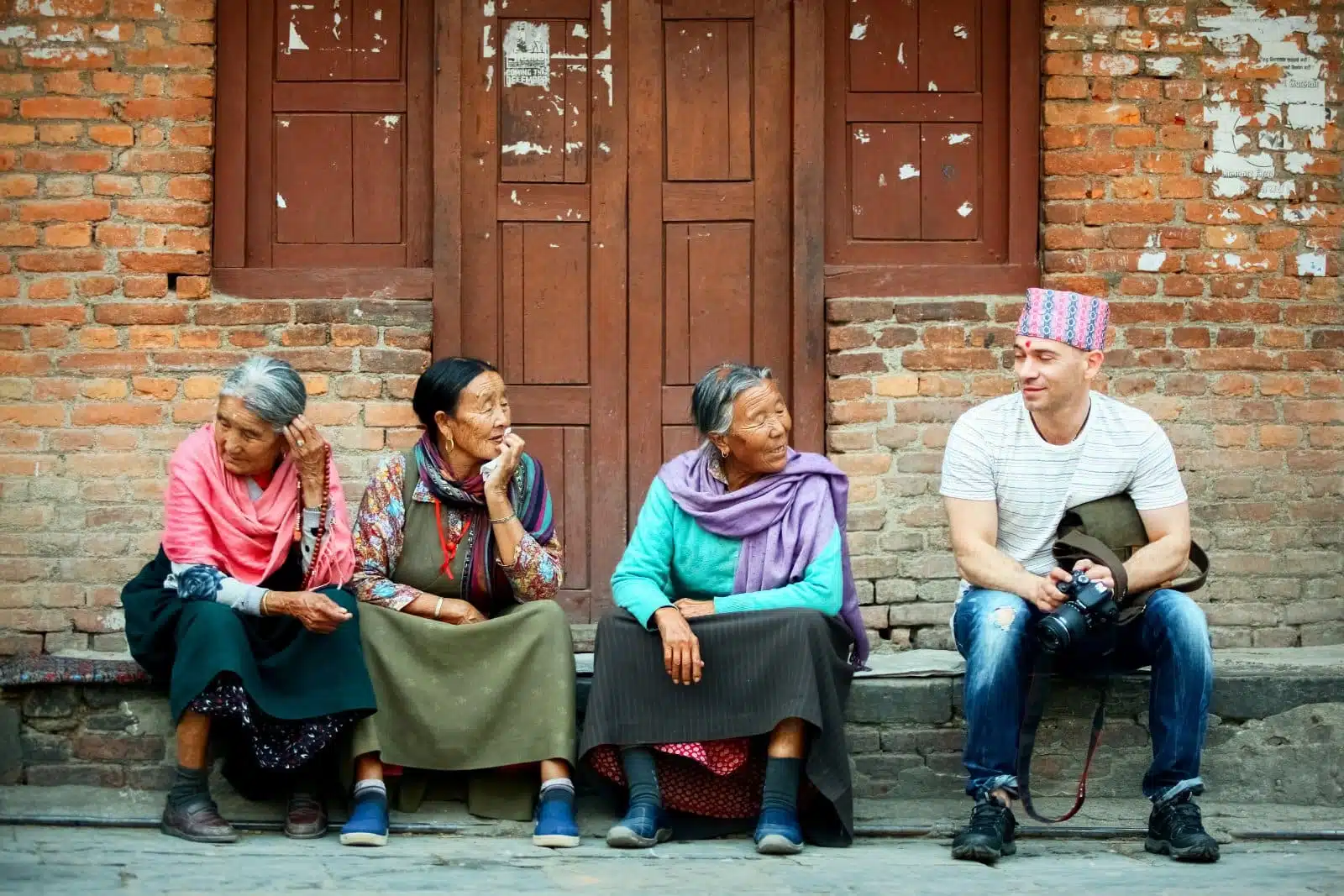
Image Credit: Shutterstock / Delbars
Learning at least basic phrases in the local language can demonstrate respect and effort in bridging the cultural divide, showing that you do not expect English to be spoken everywhere.
14. Understanding Representation
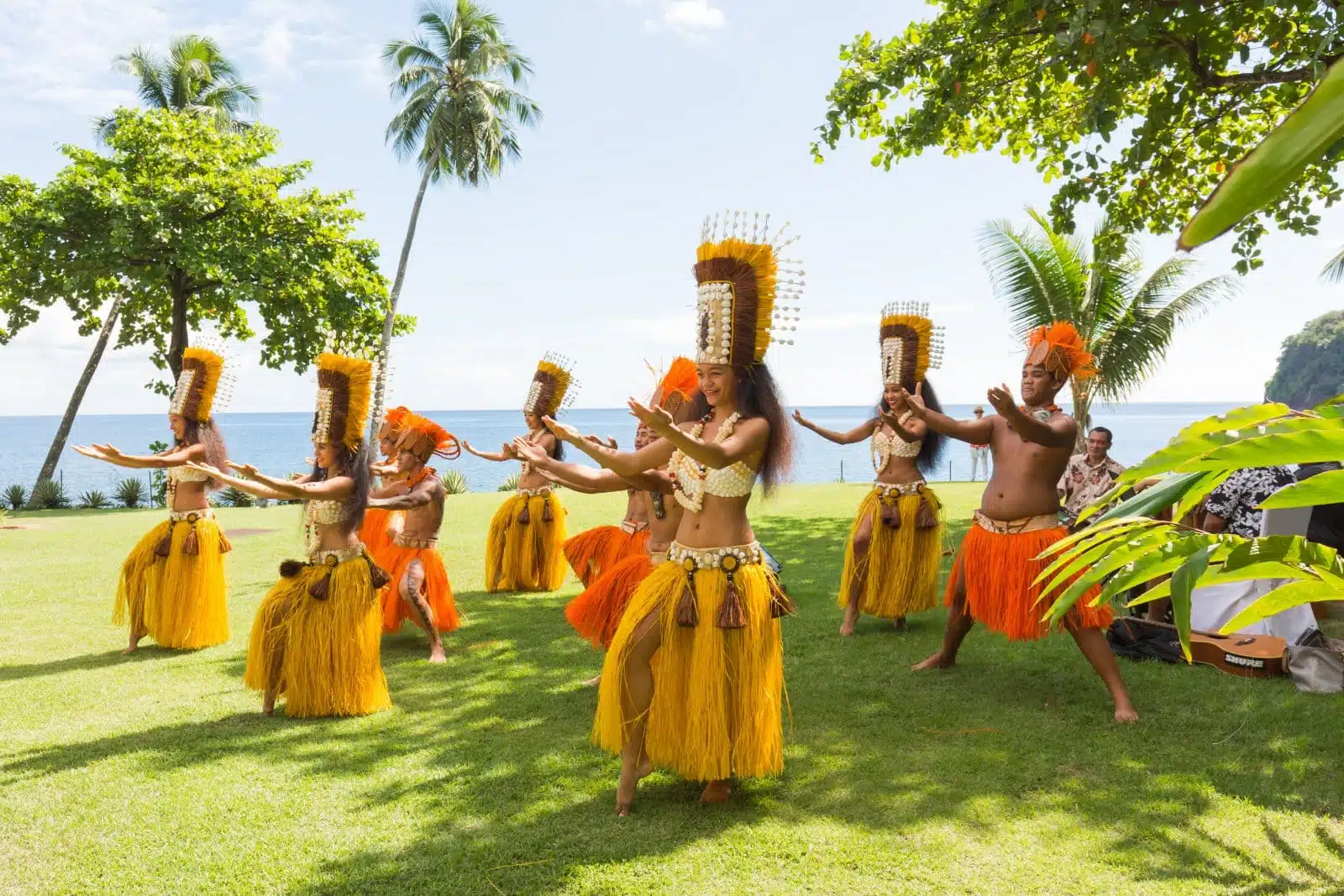
Image Credit: Shutterstock / sarayuth3390
Recognize that in many places, the tourism industry may portray a version of culture that’s tailored to Western expectations rather than authentic local traditions.
15. Being an Ally
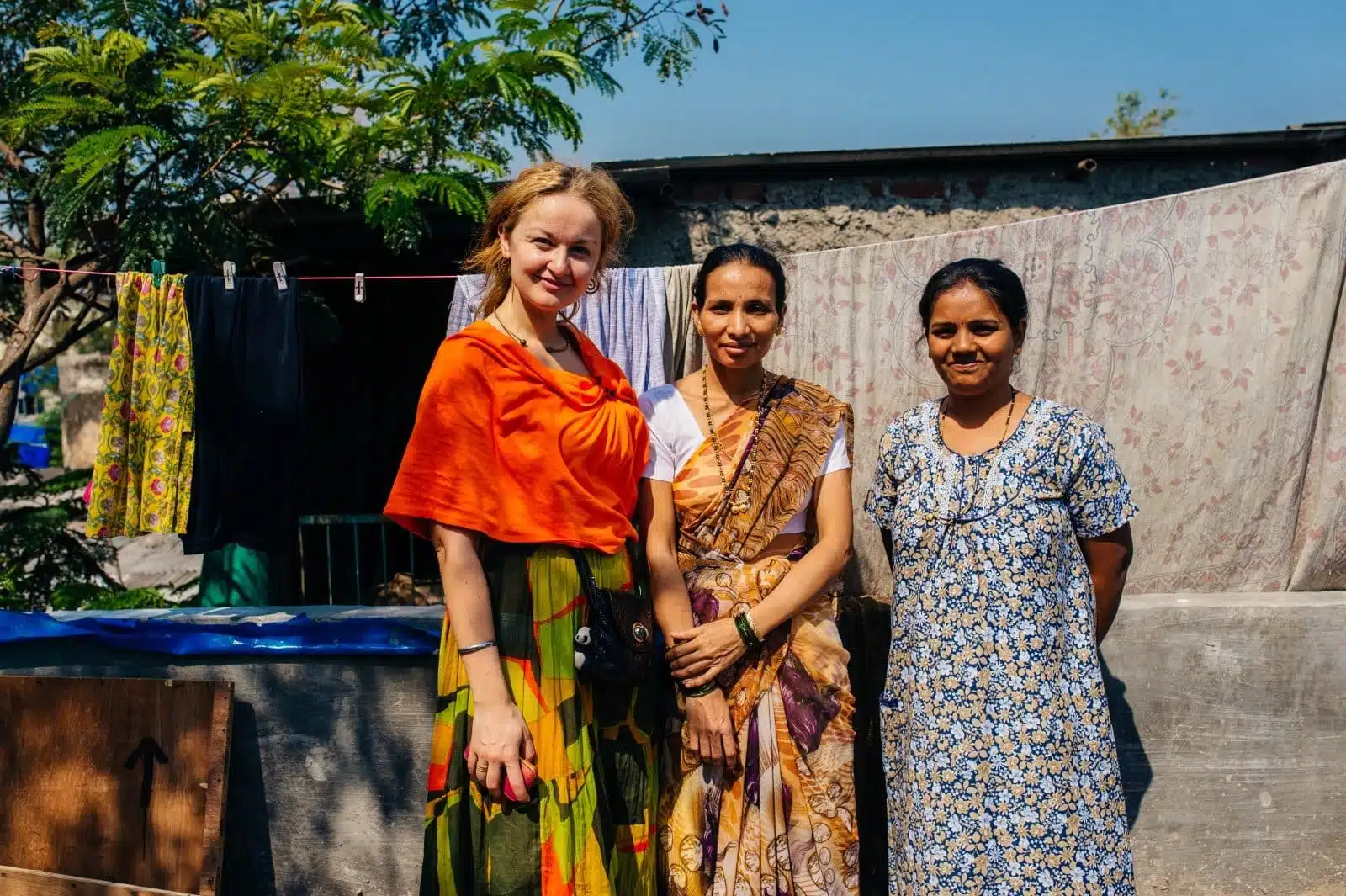
Image Credit: Shutterstock / knyazevfoto
Where possible, use your privilege to advocate for marginalized voices within the travel industry, ensuring that local communities have agency over how tourism is conducted in their homes.
16. Mindful Souvenir Shopping
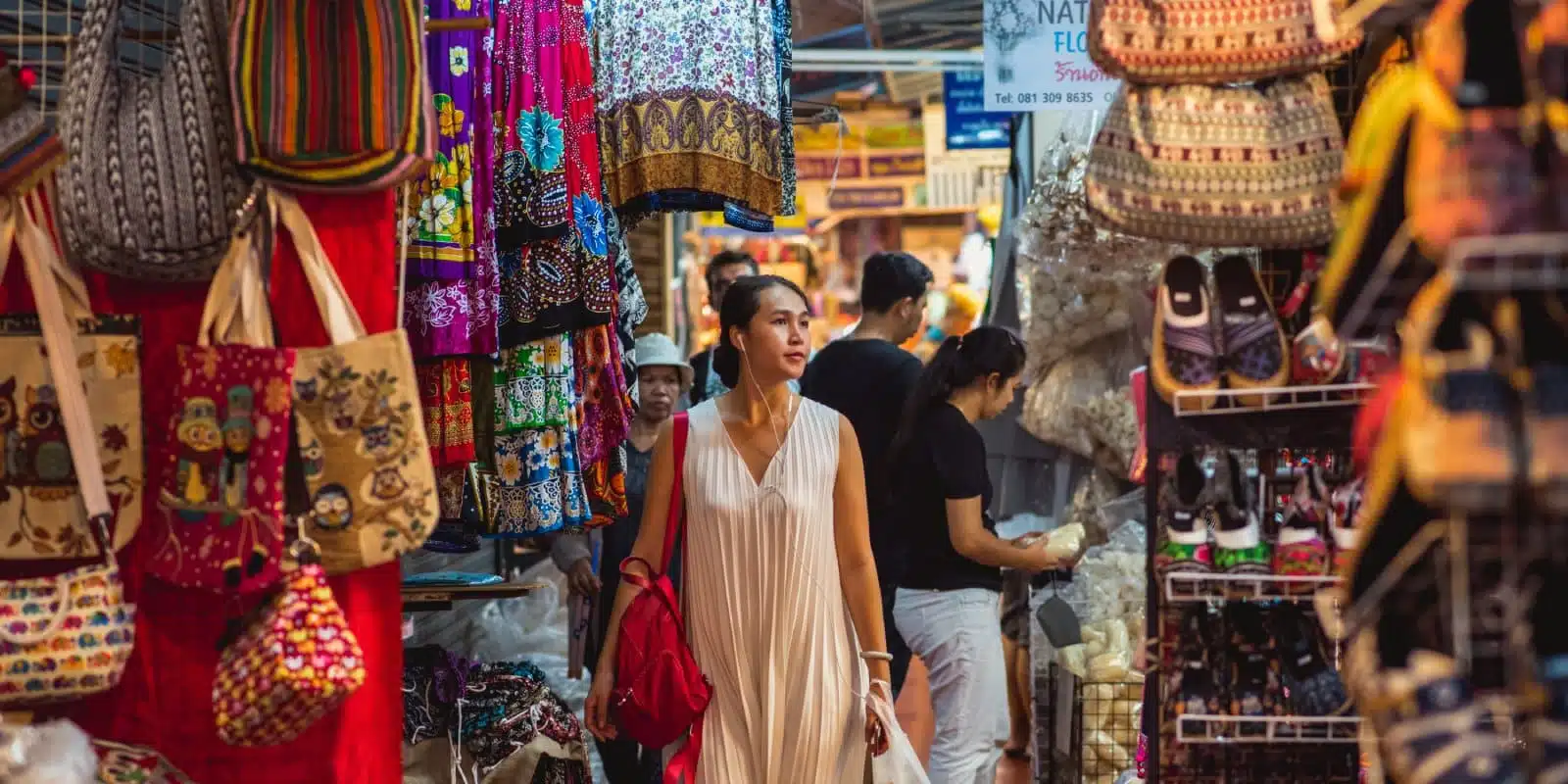
Image Credit: Shutterstock / David Bokuchava
Purchase souvenirs directly from artisans to avoid contributions to mass-produced goods that often exploit cheap labor and harm the environment.
17. Engaging in Political Discussions
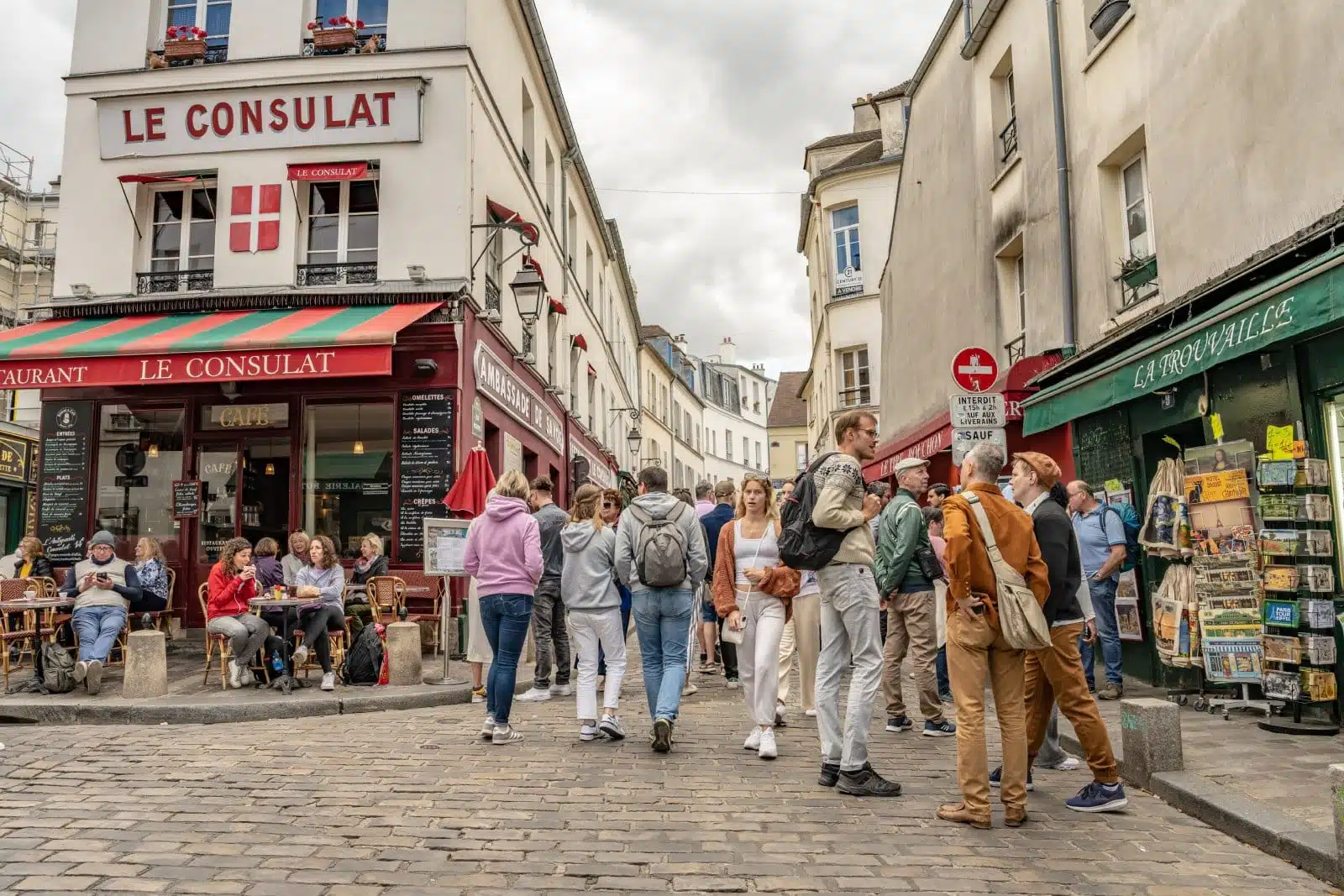
Image Credit: Shutterstock / Page Light Studios
If engaging in political discussions with locals, listen more than you speak. This can provide deeper insights into the effects of global policies and practices on diverse communities.
18. Non-intrusive Travel
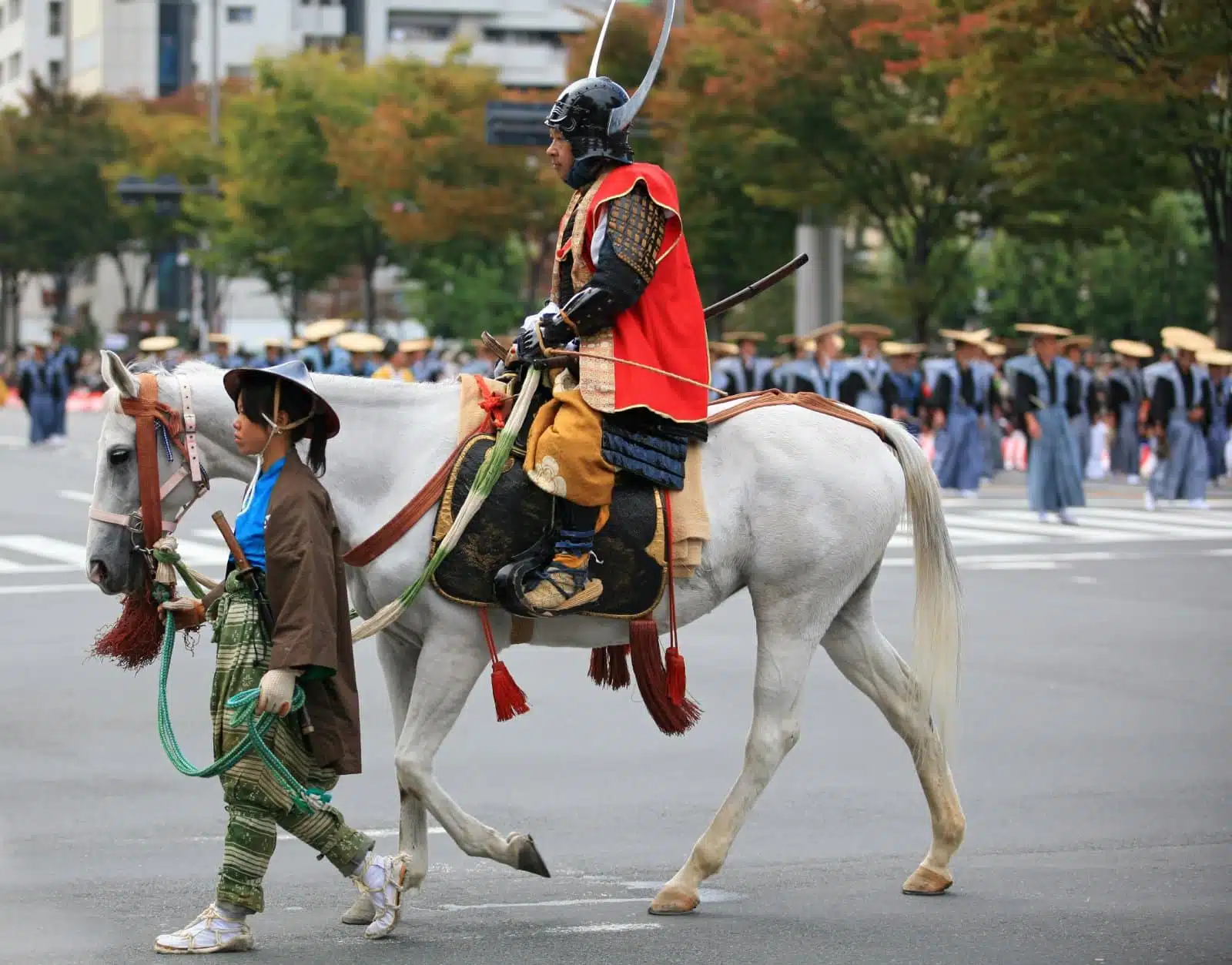
Image Credit: Shutterstock / Serg Zastavkin
Practice non-intrusive travel styles that prioritize leaving minimal footprints and respecting local norms and traditions.
19. Ethical Animal Interactions

Image Credit: Shutterstock / Virrage Images
Avoid attractions that exploit animals for entertainment, such as elephant rides or tiger temples. Opt instead for wildlife sanctuaries where animals are respected and cared for properly.
20. Continuous Learning

Image Credit: Shutterstock / Vitalii Matokha
Recognize that being a responsible traveler is an ongoing process of learning and unlearning. Stay informed about global issues and how they affect different populations differently.
Be Mindful

Image Credit: Shutterstock / seligaa
Navigating the complexities of travel with an awareness of white privilege involves constant mindfulness and commitment to equitable and responsible tourism practices. By considering these insights, travelers can contribute to more sustainable and respectful global travel.
More From The Green Voyage
Top 10 Trending Travel Destinations 2024
6 Essential Banking Apps for International Travel – Managing Your Finances on the Go
Traveling With Kids – 10 Tips to Create Memorable Family Holidays
The post 20 Critical Travel Insights: Navigating White Privilege and Destinations to Reconsider first appeared on The Green Voyage.
Featured Image Credit: Shutterstock / Peera_stockfoto..
For transparency, this content was partly developed with AI assistance and carefully curated by an experienced editor to be informative and ensure accuracy.
